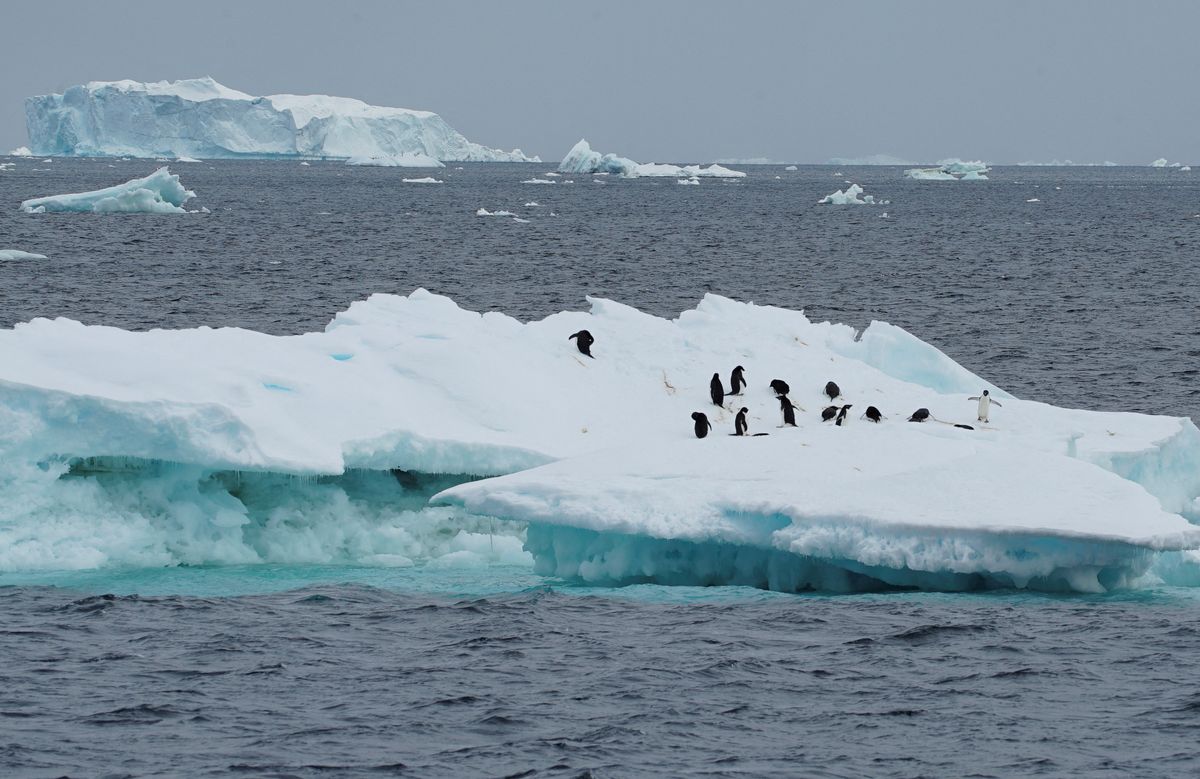Australia rescues sick researcher from Antarctica in daring winter mission
Last week, Australia launched an emergency rescue mission in Antarctica to save an Australian researcher who’d gotten ill.

A few minutes every morning is all you need.
Stay up to date on the world's Headlines and Human Stories. It's fun, it's factual, it's fluff-free.
Even though it’s the end of summer in the northern hemisphere, it’s still winter in the southern hemisphere – which means that it’s winter in the already severely cold Antarctica. In the harsh winters on the continent, it can be really hard to transport people in and out of the area. With unpredictable weather, super cold temperatures (winter temps regularly fall under -60 C) and often unusable transportation infrastructure, winters make getting into and out of Antarctica difficult and dangerous.
But when an emergency happens, special forces have to face the elements.
Last week, Australia launched an emergency rescue mission in Antarctica to save an Australian researcher who’d gotten ill. He’d started dealing with a medical condition that hasn’t been disclosed but that he needed to be treated for ASAP. The medical team at the research station wasn’t able to treat him. So to carry out the mission to get him, rescuers had to work with a medical retrieval team, a huge icebreaker ship and two helicopters.
Rescuers had to push the icebreaker through to a stable glacier, carving out sheets of ice, and then send the helicopters off the ship to the research station 145 kilometers (90 miles) away. Flights directly to the station are often impossible during the winter. Waiting for decent conditions for the helicopters, “a window in the weather presented itself – a very nice blue-sky day for Antarctica in the first few days of spring – and the ship was able to launch two helicopters with a medical retrieval team,” said Robb Clifton, the Australian Antarctic Division’s acting general manager of operations and logistics.
10 days after the rescue team had launched its mission from Tasmania, it had successfully transported the sick researcher to the icebreaker ship.
“The expeditioner requires specialist medical assessment and care in Australia for a developing medical condition,” a spokesperson for the Australian Antarctic Division said. “The ship was prepared over the previous few weeks, including loading helicopters for use in the evacuation. The expeditioner’s family is being kept fully informed of the situation. All other personnel on stations are accounted for and safe.”




Comments ()